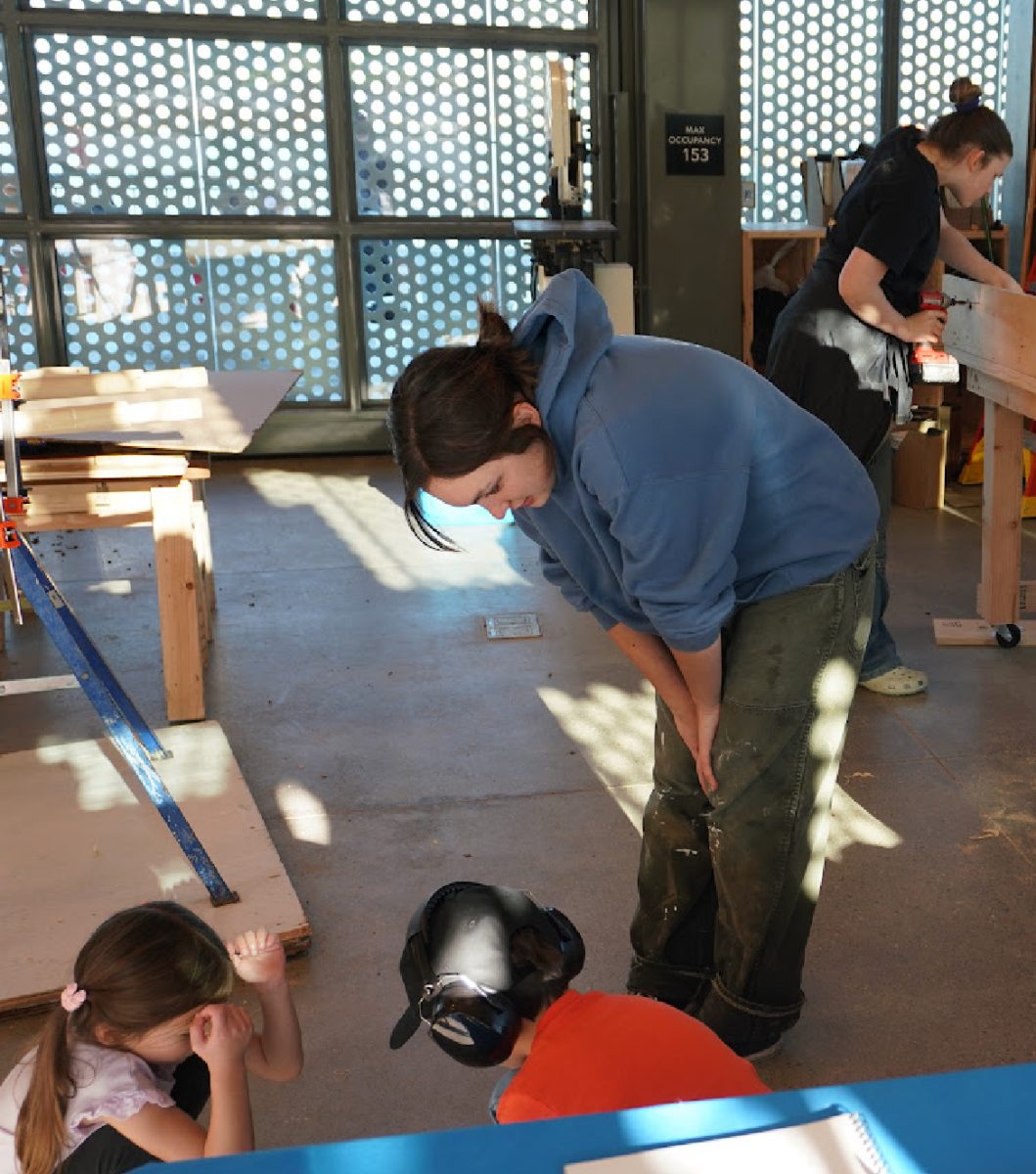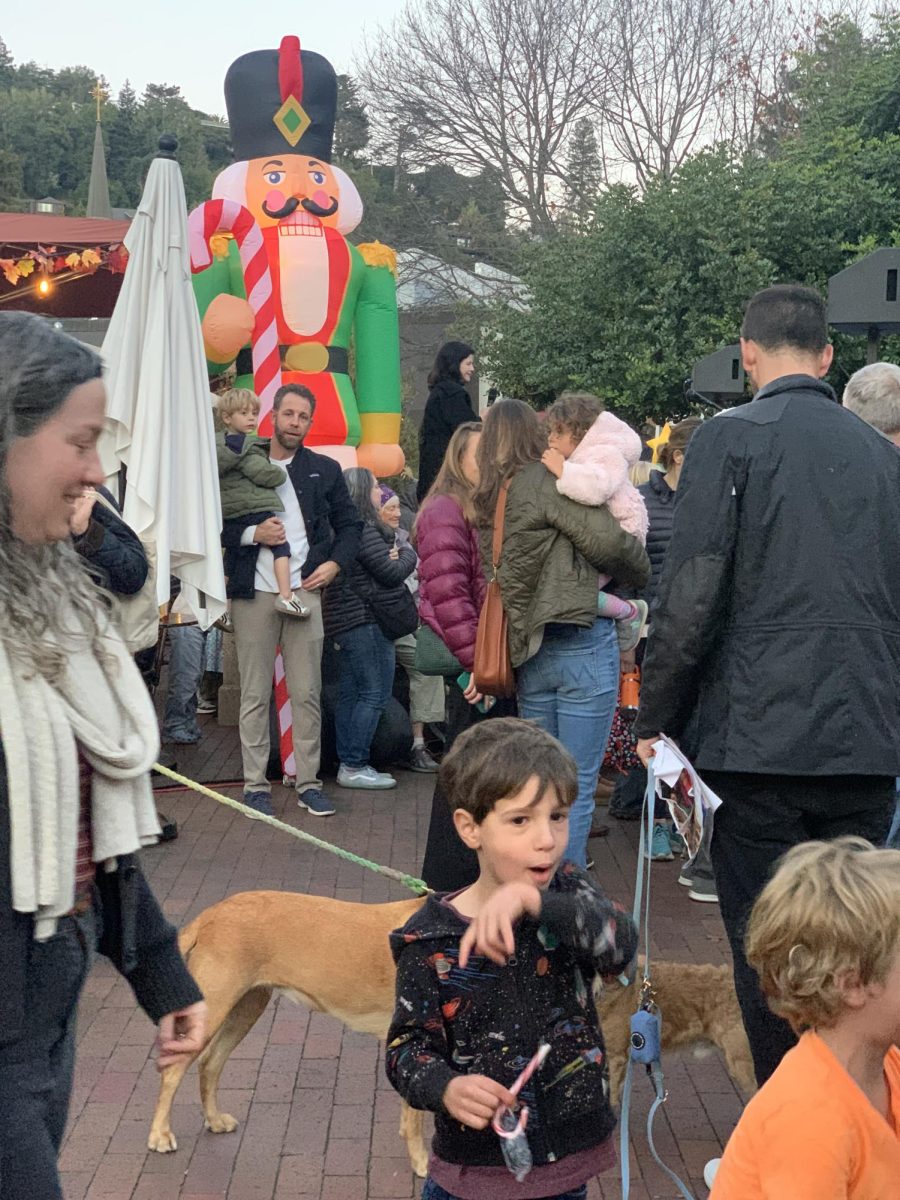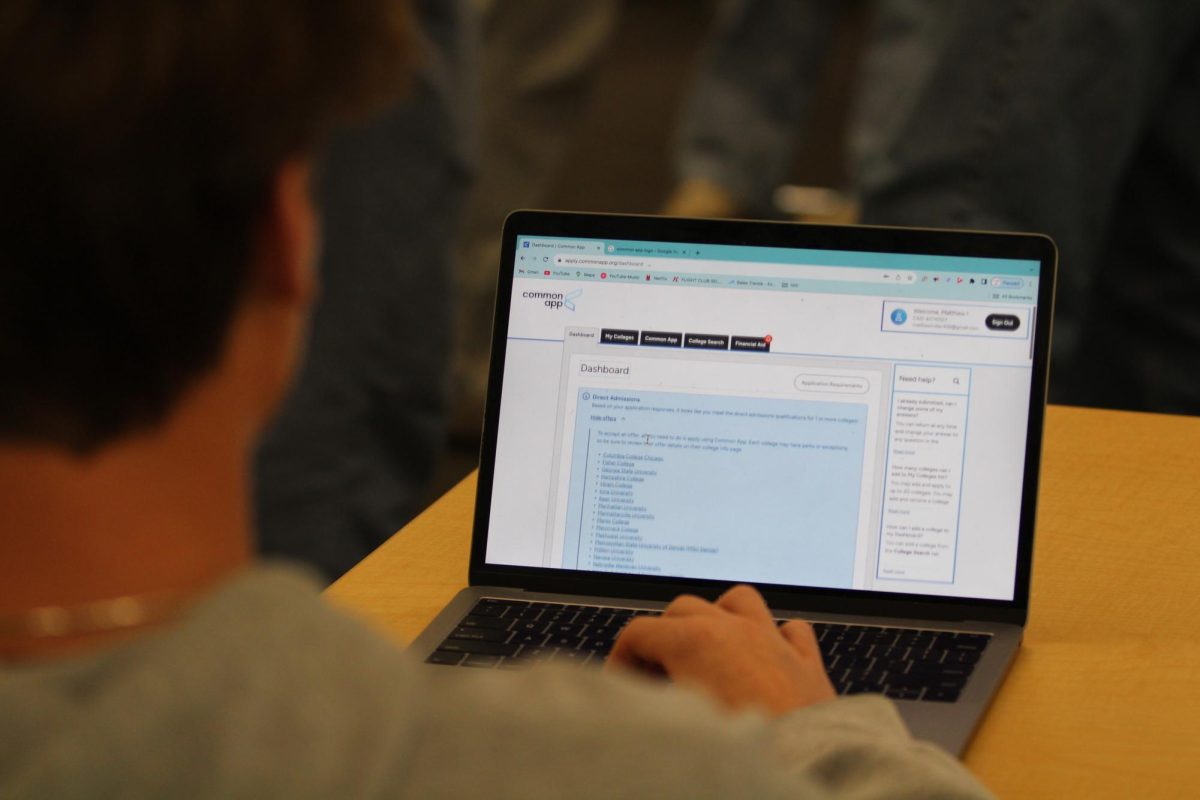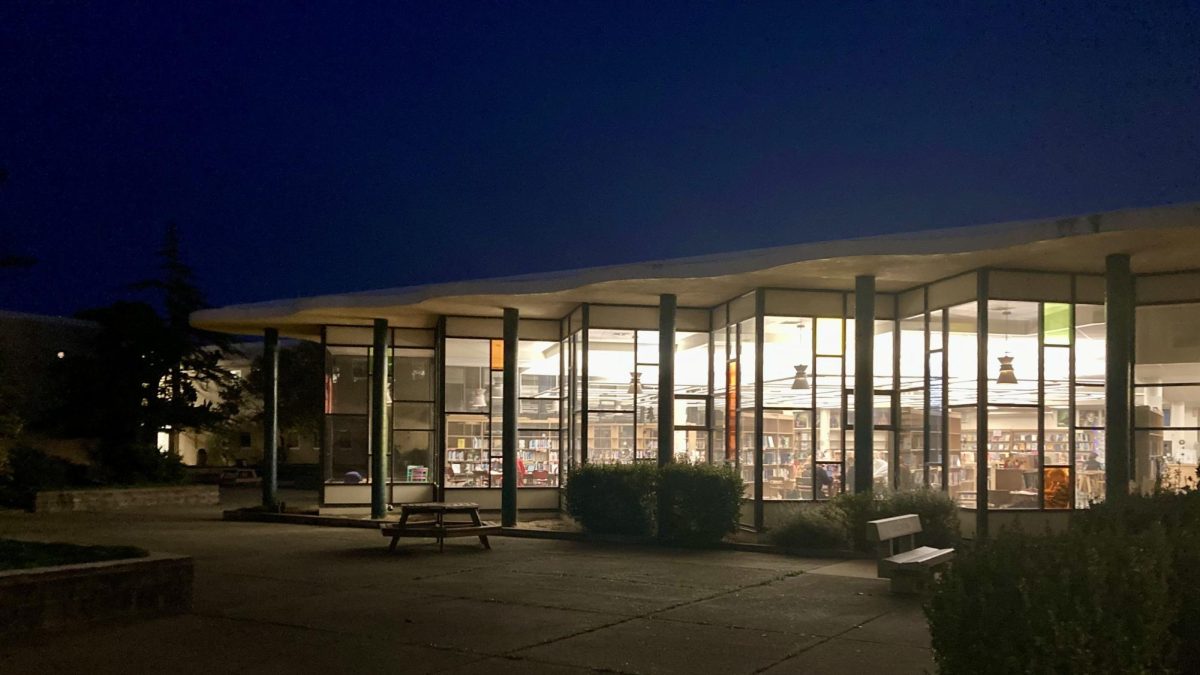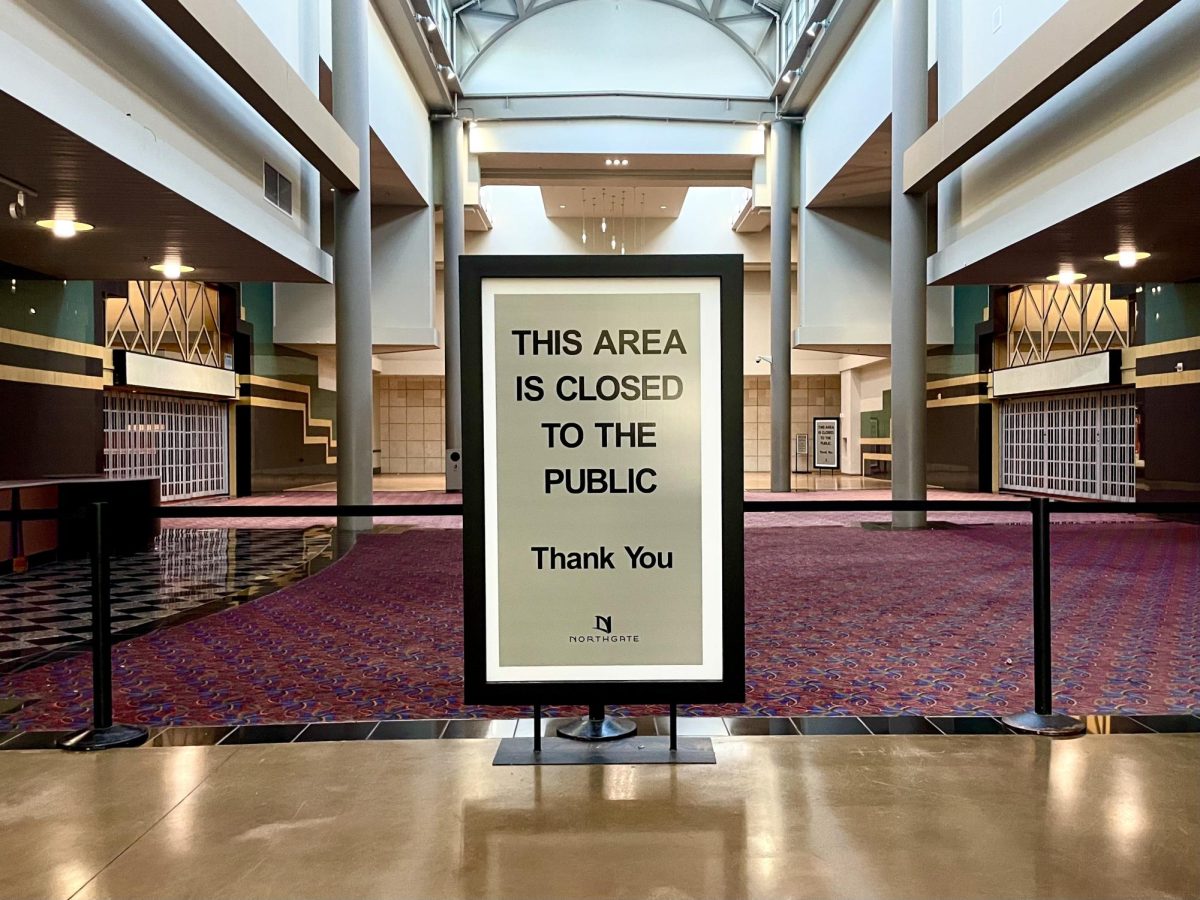“I didn’t even think about God or death,” senior Nicole-Maureen Espina said, recalling the day that an 18-wheeler totaled her minivan and erased her memory. “I just…my mind was empty, and I guess that for the first time, I felt at peace.”
Espina, who attended Redwood but moved to the Philippines halfway through her freshman year, has no memory of Marin County. Nor, in fact, does she remember any other part of her life before May 31, 2012, the day that she was in a car accident.
“My memory is tricky,” Espina said. “I remember TV shows: Fresh Prince of Bel Air, all of that. But when it comes to my own life, I don’t remember anything.”
Espina was in Eureka, California, participating in a pro-life pilgrimage with a Christian organization called Crossroads, when the crash occurred.
“Our minivan made a U-turn, and I guess our driver didn’t see behind us…an 18-wheeler came swooping in and it basically totalled our car,” she said.
When Espina woke up, she was still in the car.
“Everyone was like, ‘You were in a car accident, it’s okay, calm down,’ and I was calm. It was like…” Espina paused, tilting her head as she searched for the right words. “It was a good feeling.”
But despite the calm she felt, Espina was in a precarious situation.
“My head was in the floor and my torso was on the seat, but my leg was in the trunk,” she said.
It wasn’t long before Espina blacked out. She was pulled from the car and airlifted to Utah, where she received extensive medical attention.
“I lost all of my memory because of the car crash, and developed a mal-traumatic brain injury with post-traumatic amnesia,” Espina said. “I now have an occipital hematoma, which means I have a hemorrhage in the back of my skull.”
Espina’s amnesia is not permanent, according to her doctors.
“They did tell me I’d get my memory back, but they’re not really sure,” explained Espina, who said that her doctors believe it will take somewhere in the range of five years for Espina to recover.
In the meantime, Espina has to adjust to a life she cannot remember living.
“I feel like a total stranger, not just to everybody, but to myself,” she said, adding that it was difficult to go back to living with her family. “I feel like a different person than who they tell me I am, and it just doesn’t make sense to me. I’ve adapted, but they’re still strangers.”
Espina’s condition also prevents her from doing things that most people take for granted. It wasn’t until she tried to join the wrestling team that Espina understood the extent of her limitations.
“[My family] was like, “That’s suicide. You can’t do wrestling. You have a hemorrhage, it’s just not allowed,’” she said. “I just feel stuck.”
But Espina said she doesn’t regret the accident.
“People kind of tippy-toe around that event in my life, but I tell them, ‘You don’t have to,’” she said. “It might seem weird, but for me, that experience…it was a really good feeling.”
While Espina may have found peace in the moments after her accident, the intensity of her recovery process has inspired her to look into psychiatry.
“I want to work with trauma,” she said. “It feels like I could relate, and I could help.”
Espina also found inspiration in the death of her close friend from the Crossroads program, who was run over by a car only weeks after Espina was injured.
“His death was a tragedy, but he became our inspiration,” Espina said, explaining that the other teams in the program didn’t want to give up after others had suffered so much to complete the walk.


